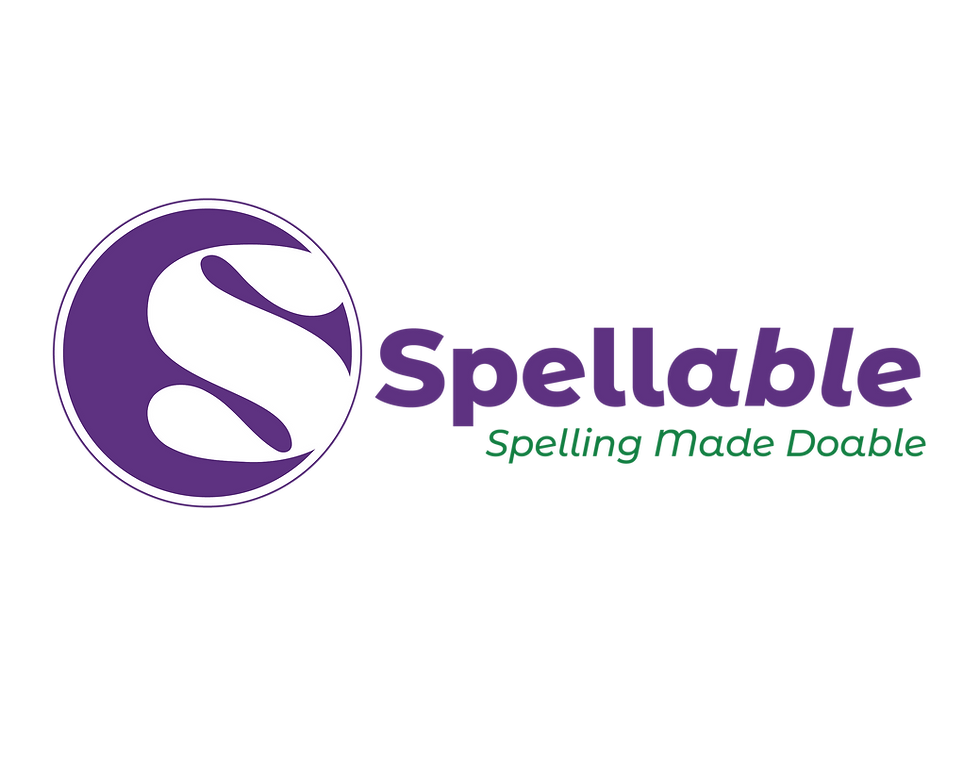How Do I Know?
- Dulcie Crowther
- Apr 18, 2024
- 3 min read
Dear Esteemed Readers,
I apologize in advance for the lack of wit, humor, and charm you have come to expect from me. It took some time to write the below response to a member of a Structured Word Inquiry (SWI) FB study group, and I did not have further time to polish it. I thought I would share it here for those not privy to such word nerd groups. The member’s question was this: How would I go about figuring out why sometimes <or> is the suffix like in <doctor> and <actor> and sometimes it's <er> like in <teacher> or <dancer>?
Response: Hi, FB Friend. For the “what does it mean” question of SWI, be sure that it is the agent noun suffix, meaning “a person who,” making the “er” sound. The comparative adjectival suffix, e.g., bigger, faster, stronger, will always be spelled <-er>. There would be no <-or> version for that. Or, as another member noted, if the suffix is there to denote a repetitive action, use <-er>, e.g., flicker, shimmer, waver.
For the SWI questions “who are its relatives” and “how is it built,” you will notice some patterns when the suffix is <-or>:
<-or> can often be replaced by <-ion>: actor/action, narrator/narration, illustrator/illustration
<-or> can be heard more clearly when you shift stress by adding an <-ity> suffix: major/majority, minor/minority, author/authority
<-or> can toggle with an <-id> suffix. These words tend to be higher level vocabulary: fervor/fervid, humid/humor(ous), horrid/horror
<-or> can toggle with <-ee>: lessor/lessee, guarantor/guarantee, trustor/trustee
But, as with any word, there may still be some that don’t fit into the above categories because perhaps more than one rule is at play. Your word <doctor> doesn’t fit any of these categories; it just came to us in that form from Latin and Old French. It can be studied within its bigger family: doctors, doctoral, doctored, doctorate, doctoring, etc.
If a student has a hard time remembering the spelling of a word, regardless of all the SWI time you put into a word, I like to teach them the word in a language that illuminates the sound, usually Spanish. Plug the word into Google Translate. We hear the <-or> sound more clearly when pronounced in Spanish. It is the same with the words <favor> and <favorite>. Then, the kids feel cool because they’re learning another language, and the Spanish teacher loves you. This would satisfy the “who are its relatives” question in a structured word inquiry.
I find it interesting that we have mortgagor/mortgagee. Typically, if we add a suffix beginning with an <a, o, u> to a word ending in <ge> as in <mortgage>, we keep the <e> to maintain the /dʒ/ (“j”) sound of the <g>, but not in <mortgagor>. There is a variant spelling of <mortgager>, but according to Merriam-Webster, it is the less common spelling.
Another word that goes both ways is <advisor/adviser>. If you check it out in Merriam-Webster, they have a “Did You Know?” write-up on these two spellings.
If you want to have fun with the <-or/-ion> connection, you can play a game of Win or Lose on wordwall.com here. It seems to be a pretty popular one I made on Wordwall, but I just cleared the leaderboard, so you can easily jump on and get your name at the top!
If you want to have fun with the <-or/-id> connection, you can play a game of Win or Lose on wordwall.com here. Bring your vocab game; it is not for the faint of heart.
You can also practice the <-or/-ion> connection on today’s [04/18/2024]
Matrix Mania on the Spellable web app. Spellable is an app I’m building for busy adults who do not have access, money, and/or time for regular tutoring but want to improve their spelling. These adults would have excellent vocabulary skills, but accurate spelling has been elusive. Right now it’s simply a word game using a matrix for the word nerdlers. It could be used alone or with the guidance of a teacher/tutor for older students as a follow-up to a structured word inquiry. The spelling lessons are currently being developed and will hopefully be available by June 2024.
The game changes daily and can be played for free, but I purposely set it to the <-ion/-or> matrix for today [04/18/2024]. Some people are opposed to a matrix focusing on a suffix, but I have found it helpful for my clients to work with these two suffixes simultaneously to cement the family connection and the suffix connection.
Reader, if you are still here, I hope this response was informative. Now, start spelling!





Comments